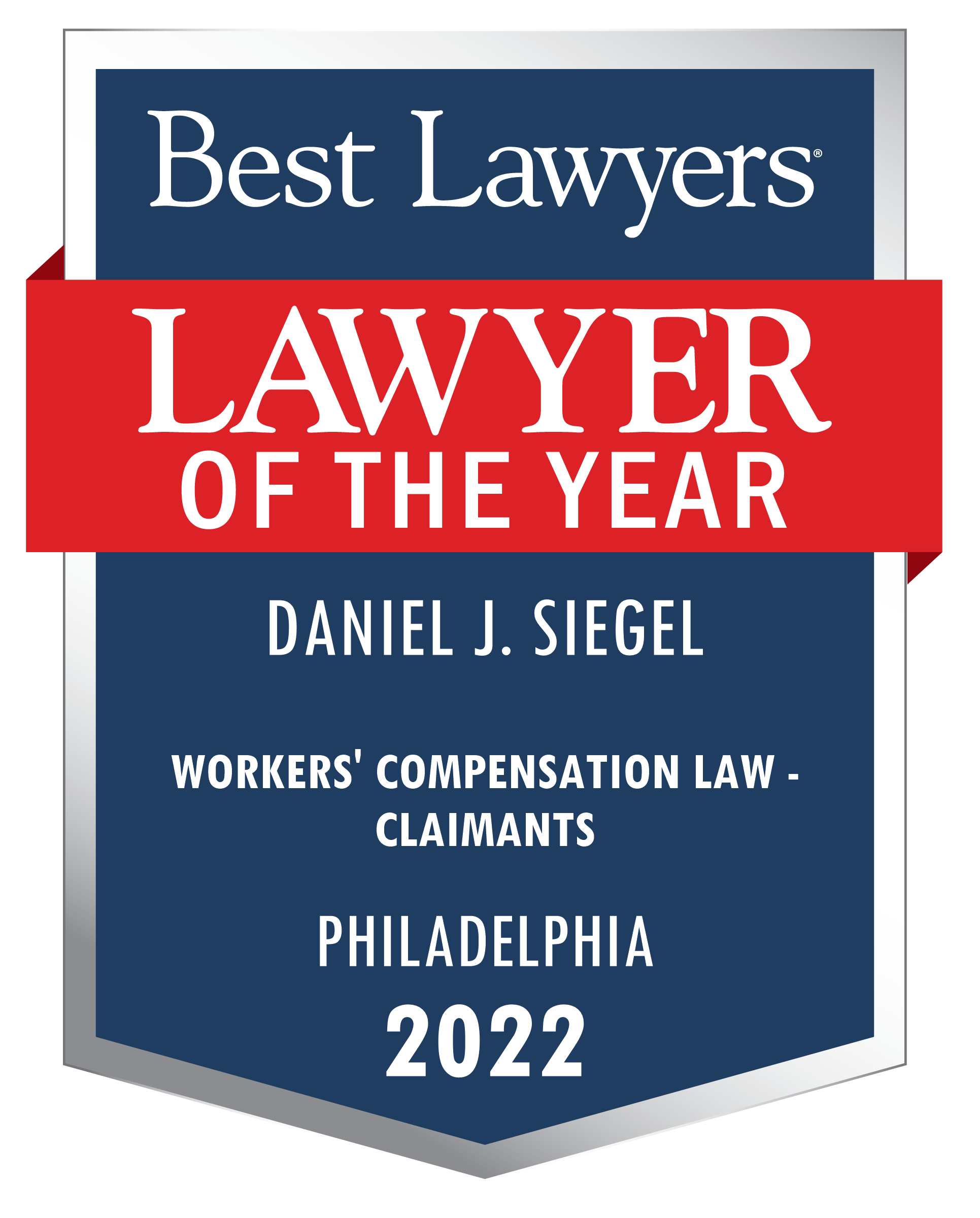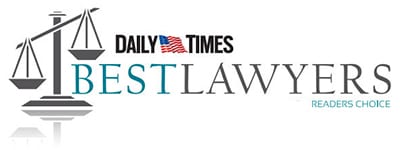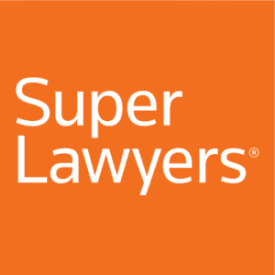Pennsylvania Automobile Insurance Buying Guide
Pennsylvania requires that every private passenger vehicle registered in the state carry automobile insurance. The problem is that buying insurance is confusing, and insurance companies are in business to make profits. That means it can be hard to trust a company to provide advice about which automobile insurance coverage to have to protect you and your family if you are injured in a car accident. This Pennsylvania Automobile Insurance Buying Guide will help you understand your options and know what we recommend to our clients and friends.
To help our clients, neighbors, and friends, we offer this Pennsylvania Automobile Insurance Buying Guide
Is automobile insurance mandatory in Pennsylvania?
Yes, you must have automobile insurance for your vehicle in Pennsylvania.
What types of automobile coverage are required in Pennsylvania?
When you purchase private passenger automobile insurance, certain coverages are required, and others that are optional. The required coverages are:
Medical Benefits
Medical Benefits coverage pays medical bills for you and others who are covered by your policy, regardless of fault. The minimum limit is $5,000 of coverage. Higher limits are available but are optional.
We strongly recommend that our clients purchase $100,000 in medical insurance coverage.
For only a few dollars more than the cost of minimum coverage, you receive coverage without any deductibles or copays. When you are hurt in an auto accident, your own auto insurance pays your medical bills. There is a fee schedule and there are no copays. Once you exhaust/use up your medical coverage, you have to use your private insurance. Nowadays, that almost always means larger copays and deductibles.
Bodily Injury Liability
Bodily injury liability coverage protects you if you injure someone in a car accident. The coverage pays the other party’s damages, including pain and suffering, and any wage losses or medical expenses that exceed the amount of medical benefits coverage they have.
The minimum liability limit you can purchase is $15,000/$30,000, which pays up to $15,000 for injuries to one person and no more than $30,000 for all persons injured in an accident. That represents the total available for one accident.
We recommend that you purchase more than the minimum liability coverage (generally $300,000 or more if you can) to assure that you are not personally responsible for any damages that are greater than your insurance coverage.
Property Damage Liability
Property damage liability coverage protects you if you damage someone else’s property in an accident and are at fault. The minimum coverage you can buy is $5,000 of coverage, but we recommend purchasing more.
Limited or Full Tort Coverage? The Most Important Coverage You Purchase!
Your decision whether to buy full tort or limited tort coverage protects your right to be compensated by the negligent party who caused your injuries. It may not seem logical, but it is how Pennsylvania auto insurance works. Which coverage you purchase – full tort or limited tort – governs your right to be compensated for pain and suffering if you are injured by another party’s fault.
Full tort coverage gives you an unrestricted right to sue the guilty party in a car accident for pain and suffering, and this robust coverage is only a bit more expensive than limited tort coverage, which limits your right to sue. If you have only strains and sprains, for example, often limited tort coverage may prevent you from being compensated even though you were not at fault.
Limited tort coverage offers you about a 10 percent savings on your auto insurance premiums. With limited tort coverage, you can still recover any out-of-pocket medical and other expenses you have, but you cannot receive damages for pain and suffering unless your injuries meet one of the exceptions to limited tort defined under Pennsylvania law.
We strongly recommend that you purchase full tort coverage. With full tort coverage, you retain your unrestricted rights to bring a claim or file a lawsuit against the negligent party. Plus, your decision to purchase full tort or limited tort insurance also applies to any uninsured motorist (UM) or underinsured motorist (UIM) claims you might make.
What types of automobile coverage are optional in Pennsylvania, and which should I purchase?
In addition, private passenger automobile insurance policies offer a variety of additional optional coverages, including:
Uninsured Motorist (UM) Coverage
UM, coverage applies to you, your family, and your passengers. This coverage compensates you for pain and suffering and other damages and injuries if you are hit by an at-fault motorist that was not insured at the time of your injuries.
Your UM coverage cannot be more than, but can and should equal your liability coverage limits.
We strongly recommend that you purchase uninsured motorist coverage to protect you if you are injured and the other car does not have insurance.
Underinsured Motorist (UIM) Coverage
UIM coverage applies to you, your family, and your passengers. This coverage compensates you for pain and suffering and other damages and injuries if you are hit by an at-fault motorist that did not have sufficient insurance to compensate you for your bodily injuries.
Your UIM coverage cannot be more than, but can and should equal your liability coverage limits.
In other words, if you suffered $500,000 in injuries and the other car only had the minimum coverage of $15,000, then you will not be compensated for $485,000 of your injuries. But if you had a $500,000 UIM policy, then your policy would pay the $485,000 difference. This does not cover property damage.
We strongly recommend that you purchase underinsured motorist coverage to protect you if you are injured and the other car does not have sufficient insurance to compensate you for your injuries.
Stacking of UM or UIM Coverage
Stacking UM and UIM coverage allows you to multiply the amount of uninsured or underinsured motorist coverage by the number of vehicles on your policy or to receive uninsured or underinsured motorist coverage from more than one policy under which you are insured. It costs extra to stack uninsured or underinsured motorist coverage, but it is valuable coverage and the stacked coverage may be higher than your liability coverage.
We strongly recommend that you purchase stacked uninsured and underinsured motorist coverage to protect you if you are injured and the other car does not have insurance or does not have sufficient insurance to compensate you for your injuries.
Funeral Benefit Coverage
Funeral coverage pays, up to a certain dollar amount for funeral expenses if you or a family member dies as a result of an auto accident.
Income Loss Coverage
Income loss coverage pays a portion of your lost wages when your auto accident-related injuries prevent you from working.
We strongly recommend that you purchase income loss coverage to assure that you have income if you are injured and cannot work because of an auto accident.
Collision Coverage
Collision coverage pays the cost of repairing your car as a result of an accident.
Comprehensive Coverage
Comprehensive coverage compensates you for theft or damage to your car from various hazards, including fires, floods, vandalism, or striking an animal.
Extraordinary Medical Benefits
Extraordinary medical coverage pays your medical and rehabilitation expenses if they exceed $100,000.
Accidental death benefit
Accidental death coverage is paid to your estate if you die from a motor vehicle accident within 24 months of the date of the accident.
Rental reimbursement coverage
Rental coverage reimburses you for a rental car up to the limit on your policy if you have a covered loss.
Towing coverage
Towing coverage reimburses you up to the limit on your policy for towing and labor costs for a covered disabled vehicle. This coverage is usually only available if comprehensive and collision are carried on the vehicle.
Gap coverage
Gap coverage pays the difference between an insurance company’s payment for a totaled vehicle and the balance of a vehicle loan or a trade-in from a lease.
Do you have further questions about Pennsylvania automobility insurance coverage and what to buy? Or were you injured in an accident and need an experienced lawyer to represent you? Give our office a call at (610) 446-3457, click here to send us an email, or fill out the form below.







